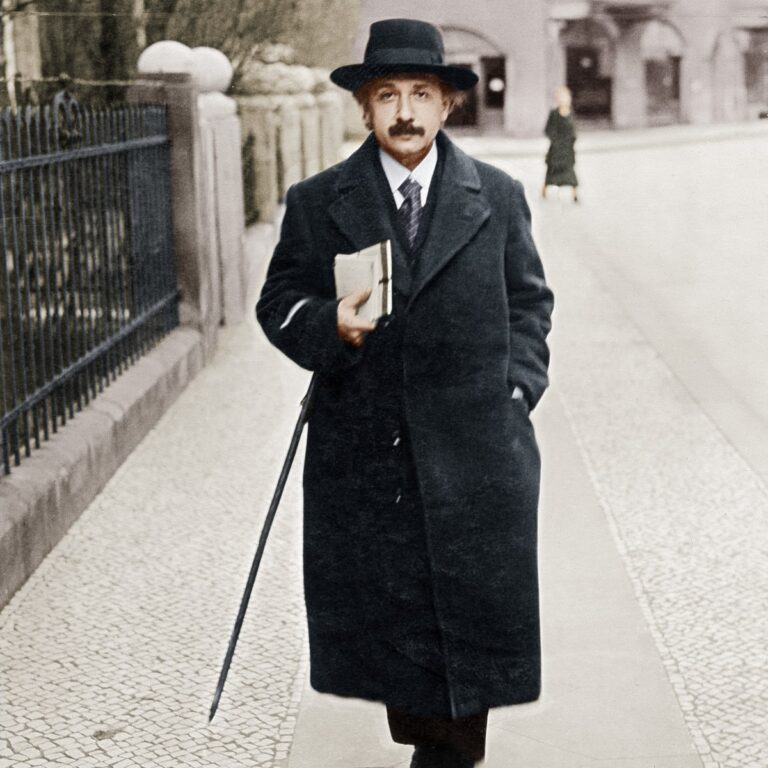Artificial Intelligence and Quantum Information Science. Both Influence the Other.
AI and quantum information science. From VB… In short, a true quantum computer is still years, if not decades, away. When has that everstopped researchers?
Last month, Mobileye cofounder Amnon Shashua and a team from Hebrew University in Israel published a paper in Physical Review Letters titled “Quantum Entanglement in Deep Learning Architectures.” (Intel acquired the computer vision firm Mobileye for $15.3 billion in March 2017.)
The paper argues that the latest advancements in deep neural networks could help physicists better understand the quantum behavior of nature. This week, Shashua discussed his computer science research group’s findings at the Science of Deep Learning conference in Washington, DC. He declared that they had mathematically proven that AI can help us understand quantum physics phenomena. It’s a question of when, not if.
That’s the argument for AI helping quantum physics. Now let’s go the other way.
Also this week, IBM Research, MIT, and Oxford scientists published a paper in Nature titled “Supervised learning with quantum enhanced feature spaces.” The paper describes that as quantum computers become more powerful, they will be able to perform feature mapping on highly complex data structures that classical computers cannot.
Feature mapping is a component of machine learning that disassembles data into non-redundant “features.” The authors argue they can use quantum computers to create new classifiers that generate more sophisticated data maps. Researchers would then be able to develop more effective AI that can, for example, identify patterns in data that are invisible to classical computers.
IBM did more than just publish a paper, though. The company offered the feature-mapping algorithms to IBM Q Experience users and IBM Q Network organizations through Qiskit Aqua, its quantum information science kit. The company even provided an online demo.
Neither of these papers necessarily means that AI will solve our quantum problems or that machine learning will benefit from quantum advancements. The point at which quantum computers surpass classical computers is still out of reach.
What did become increasingly clear this week, however, is that the two fields are on a collision course.
Original piece by Kyle Wiggers, found at VB…
The abstract from the work which generated, in part, the above opinion is below.
Machine learning and quantum computing are two technologies each with the potential for altering how computation is performed to address previously untenable problems. Kernel methods for machine learning are ubiquitous for pat-tern recognition, with support vector machines (SVMs) being the most well-known method for classification problems. However, there are limitations to the successful solution to such problems when the feature space becomes large, and the kernel functions become computationally ex-pensive to estimate. A core element to computational speed-ups afforded by quantum algorithms is the exploitation of an exponentially large quantum state space through controllable entanglement and interference. Here, we propose and experimentally implement two novel methods on a superconducting processor. Both methods represent the feature space of a classification problem by a quantum state, taking advantage of the large dimensionality of quantum Hilbert space to obtain an enhanced solution. One method, the quantum variational classifier builds on and operates through using a variational quantum circuit to classify a training set in direct analogy to conventional SVMs. In the second, a quantum kernel estimator, we estimate the kernel function and optimize the classifier directly. The two methods present a new class of tools for exploring the applications of noisy intermediate scale quantum computers to machine learning.
From the Cornell library, in PDF, Supervised Learning with Quantum Enhanced Feature Specs…

